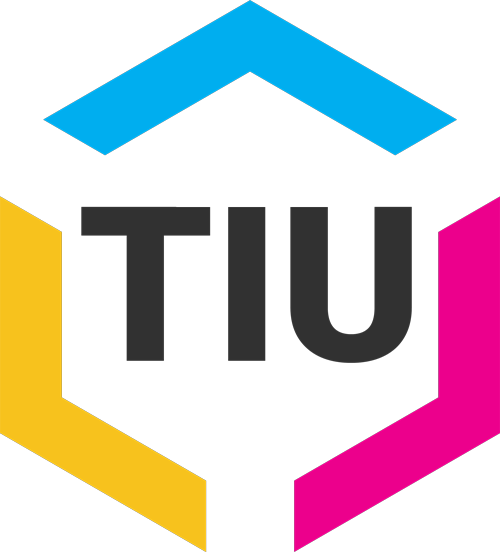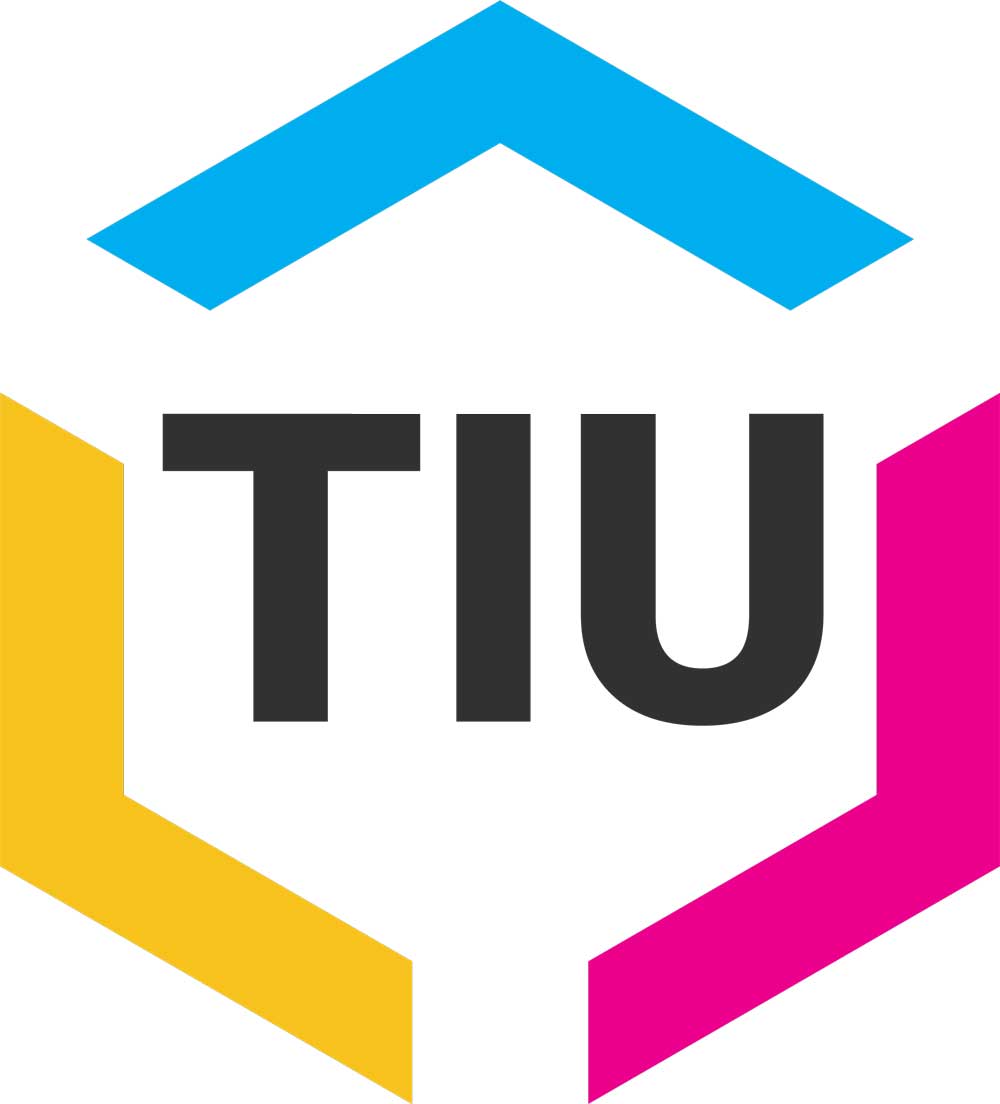An issue that is international definately not home ended up being taken to the Twin Cities’ doorstep. Minnesota gets the biggest Somali populace in america also a number of other immigrants from surrounding eastern African nations; Ethiopia being the principal one. In July, protests broke away across the capitol building, bringing to attention the killing of Oromo Ethiopian musician/activist Hachalu Hundessa back Addis Ababa, Ethiopia. But this protest is just the end associated with iceberg of the hundreds of years old conflict profoundly rooted in Ethiopian cultural problems and identity politics.
Ethiopia situated inland in the horn of Africa is composed of numerous languages and ethnicities, mainly associated with Oromo, Amhara, Tigray, and Somali https://samedayinstallmentloans.net/payday-loans-oh/ people. We cannot, nor do i’m comfortable talking regarding the genesis of this issues that are ethnic Ethiopia, but I am able to shine the light more generally speaking on which the challenge is.
It is crazy to see history perform it self as well as parallels become drawn across a lot of types of individuals and places. Rwanda experienced something comparable for the reason that they’d two primary forms of individuals; Hutus and Tutsis. One had more representation in federal government and better treatment and legal rights in culture which result in battles and finally a genocide.
Therefore, this happened in Rwanda, just what performs this want to do with Ethiopia?
The Oromo individuals replace with roughly 35% of Ethiopia, whilst the Amhara individuals equal about 25per cent. Like that which we saw in Rwanda, the Amhara folks are generally speaking viewed as greater course, internal town people. The Oromo people can become more generally thought to be “country folk”. Oromos, though keeping a complete large amount of major federal federal government roles, feel disenfranchised. There is certainly a large correlation between Islam additionally the Oromo individuals, and mosques and churches have now been utilized as security on both edges.
Hachalu Hundessa held the true number one selling record album for African music on Amazon Music. Their music had been widely used to state the oppression sensed by the Oromo individuals, motivating them to band together and resist. July Hachalu died due to gunshots this past. Hachalu’s voice and platform ended up being primarily through social networking and technology, which contributed into the outcry in wake of their death. Plenty of conjecture towards their death caused young adults on social media marketing to lash away and obtain violent.
We tapped in with a good oromo buddy of mine, Nuubeek. He supplied some extremely insightful and interesting comparisons involving the explosion of anger that accompanied both Hachalu Hundessa and George Floyd’s fatalities, both occurring across the time that is same. He explained that it has been a problem for a time that is long not with this scale. Strangely enough, the same as into the George Floyd situation, social media acted as being a huge catalyst for the a reaction to the death.
He received similarities between politics in a world that is third like Ethiopia towards the united states of america. Politics are incredibly polarized, and there’s no center ground on situations such as this. You’re forced to choose a relative part, which finally causes sentiments to develop and pushes individuals further and further apart. Hachalu ended up being promoting Oromo legal rights and treatment also to numerous ended up being viewed as a martyr for their death. Hundessa’s killing sparked protests that are many riots in Ethiopia causing a few hundred dead and lots of injured.
He suggested me personally to view the Netflix documentary The personal Dilemma. Technology companies can therefore effortlessly predict people and their reactions and use the numerous young users of these applications to push plans. A tremendously current and appropriate example of this the following is George Floyd. Literally within a everybody and their mother was fired up about what they saw and read day. Social media marketing is a massive, effective device, and impacts individuals the exact same on various continents. Social media marketing permits people to immediately see headlines and form an impression, plus it’s taking place in Africa too. The media that are social throughout Ethiopia were cause of internet blackouts applied throughout the nation, which was in fact used before as a strategy to suppress unrest. It’s interesting to see Africa utilizing social networking for governmental reasons as predominantly for it to be censored because it was too powerful as we do in the western world, only. The exposure and attention that social networking delivered to that which was taking place in Ethiopia ended up being incredibly fast and effective which contributed too much to the physical physical violence that occurred as groups on both part mobilized and committed acts that are atrocious.
Nuubeek left me personally to consider by stating that despite the fact that there occur a huge number of kilometers between your two places of physical violence and unrest, the astounding similarities show how easily people could form views through social media marketing; polarizing individuals further than previously.
That’s not saying that the whole world, America included, does not have almost anything to focus on, but social media marketing does not express the quiet bulk. We have to just take one step straight straight straight back and evaluate the affect that social media marketing is wearing our emotions and perception around the globe. Regrettably, the prospective of cultural stress in Ethiopia does not check out be settled any time in the future however it is crucial to identify that what’s taking place in the us is going on all over the globe, and social media marketing does a job that is really good of the fire. Demonstrably, there was much more to this conflict than exactly what can be summarized in an article that is short.
More to the point, oppression is alive and well and may be really regarded as the folks of Oromia fight for equal therapy and legal rights. This short article happens to be updated and republished at the time of Oct. 22. After further review, some information had been discovered to be wrong. This short article now reflects those changes.

